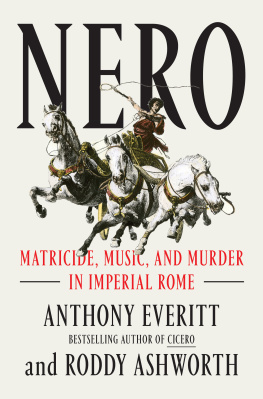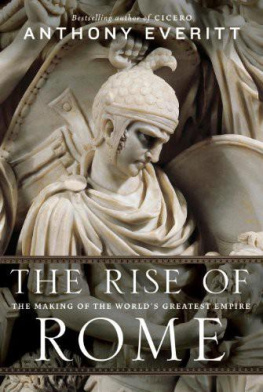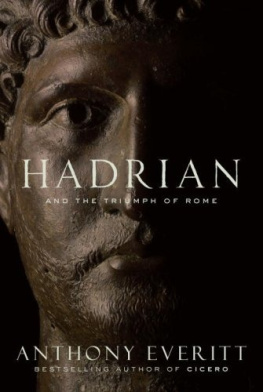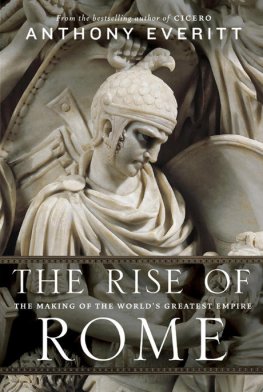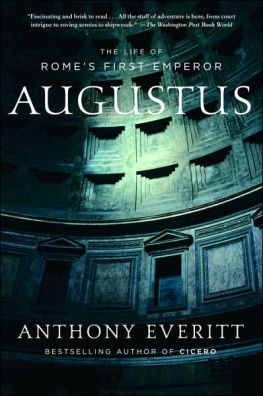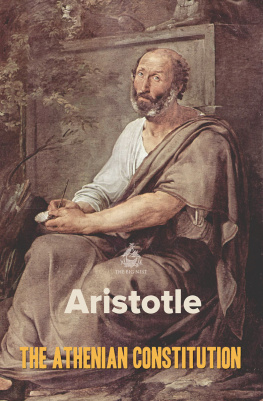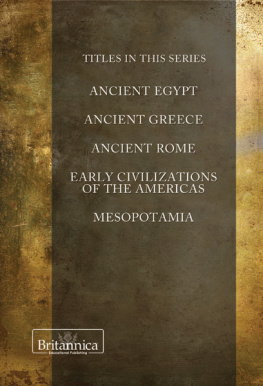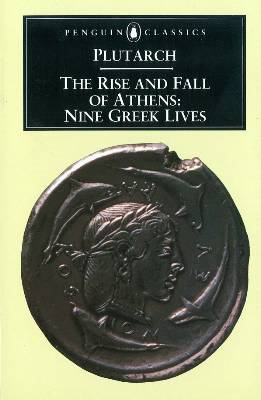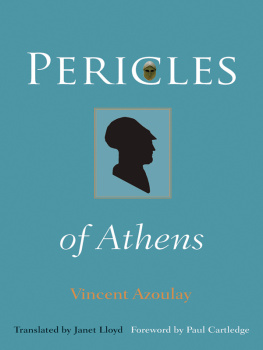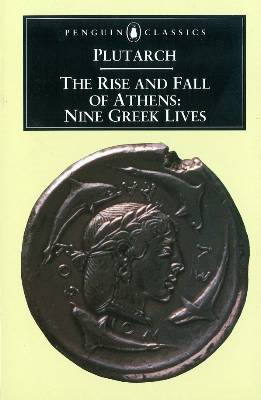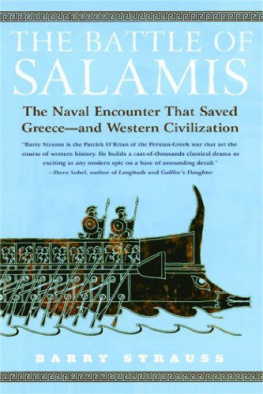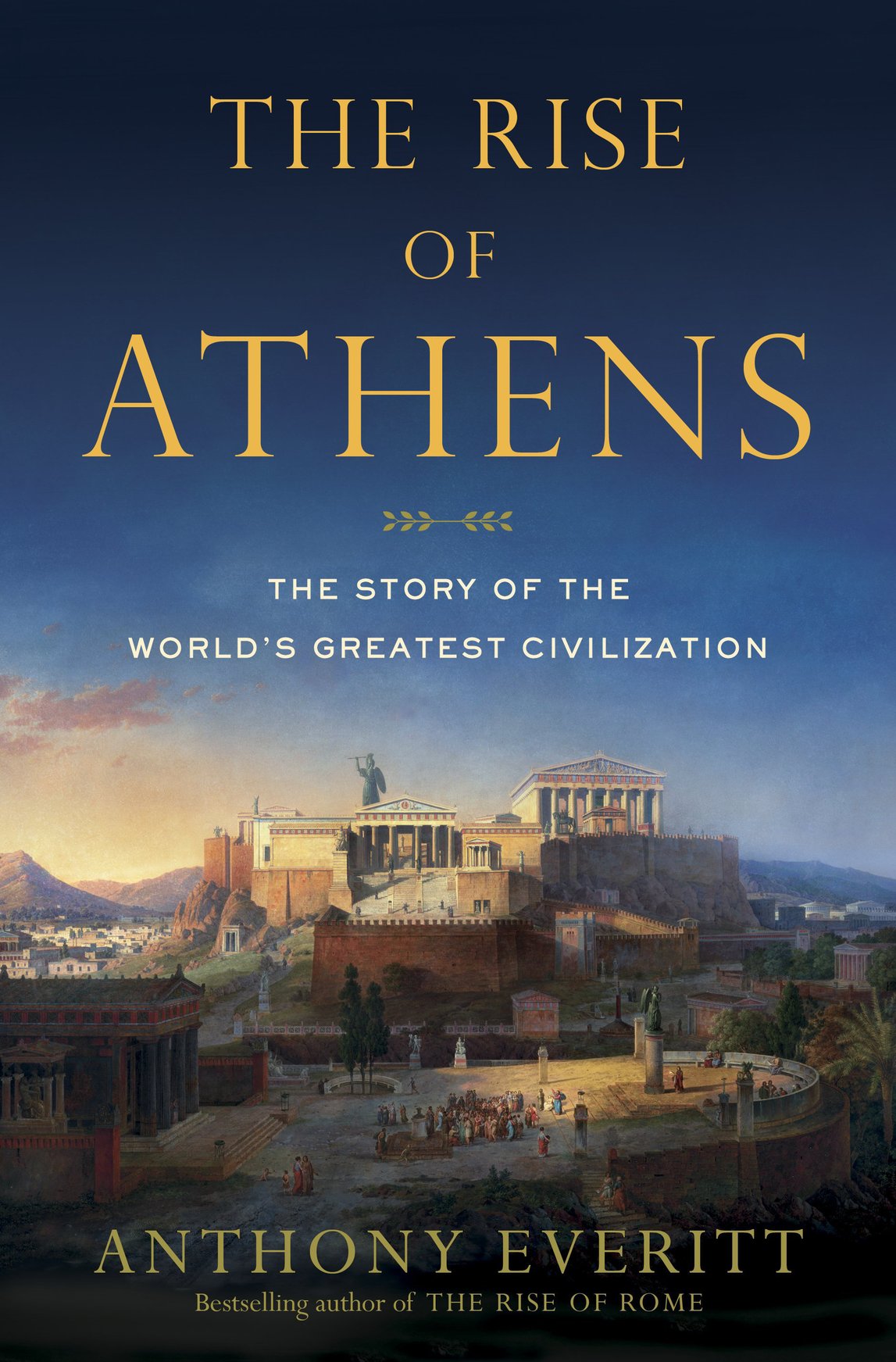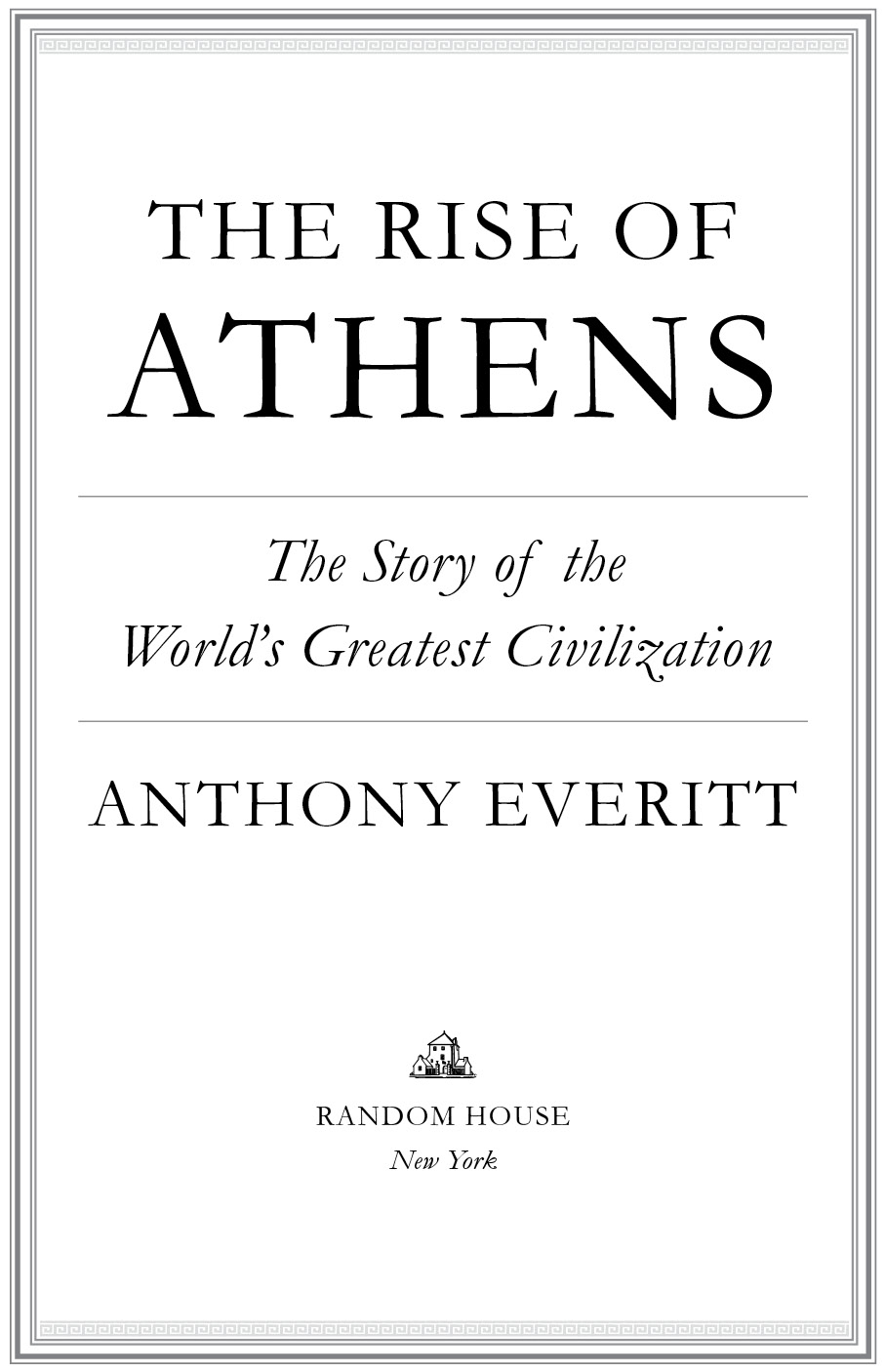Anthony Everitt - The Rise of Athens: The Story of the World’s Greatest Civilization
Here you can read online Anthony Everitt - The Rise of Athens: The Story of the World’s Greatest Civilization full text of the book (entire story) in english for free. Download pdf and epub, get meaning, cover and reviews about this ebook. year: 2016, publisher: Random House, genre: History. Description of the work, (preface) as well as reviews are available. Best literature library LitArk.com created for fans of good reading and offers a wide selection of genres:
Romance novel
Science fiction
Adventure
Detective
Science
History
Home and family
Prose
Art
Politics
Computer
Non-fiction
Religion
Business
Children
Humor
Choose a favorite category and find really read worthwhile books. Enjoy immersion in the world of imagination, feel the emotions of the characters or learn something new for yourself, make an fascinating discovery.

- Book:The Rise of Athens: The Story of the World’s Greatest Civilization
- Author:
- Publisher:Random House
- Genre:
- Year:2016
- Rating:3 / 5
- Favourites:Add to favourites
- Your mark:
The Rise of Athens: The Story of the World’s Greatest Civilization: summary, description and annotation
We offer to read an annotation, description, summary or preface (depends on what the author of the book "The Rise of Athens: The Story of the World’s Greatest Civilization" wrote himself). If you haven't found the necessary information about the book — write in the comments, we will try to find it.
Filled with tales of adventure and astounding reversals of fortune, The Rise of Athens celebrates the city-state that transformed the worldfrom the democratic revolution that marked its beginning, through the citys political and cultural golden age, to its decline into the ancient equivalent of a modern-day university town.
Anthony Everitt constructs his history with unforgettable portraits of the talented, tricky, ambitious, and unscrupulous Athenians who fueled the citys rise: Themistocles, the brilliant naval strategist who led the Greeks to a decisive victory over their Persian enemies; Pericles, arguably the greatest Athenian statesman of them all; and the wily Alcibiades, who changed his political allegiance several times during the course of the Peloponnesian Warand died in a hail of assassins arrows. Here also are riveting you-are-there accounts of the milestone battles that defined the Hellenic world: Thermopylae, Marathon, and Salamis among them. An unparalleled storyteller, Everitt combines erudite, thoughtful historical analysis with stirring narrative set pieces that capture the colorful, dramatic, and exciting world of ancient Greece.
Although the history of Athens is less well known than that of other world empires, the city-states allure would inspire Alexander the Great, the Romans, and even Americas own Founding Fathers. Its fair to say that the Athenians made possible the world in which we live today. In this peerless new work, Anthony Everitt breathes vivid life into this most ancient story.
Praise for Anthony Everitts The Rise of Rome
Romes history abounds with remarkable figures. . . . Everitt writes for the informed and the uninformed general reader alike, in a brisk, conversational style, with a modern attitude of skepticism and realism.The Dallas Morning News
[A] lively and readable account . . . Roman history has an uncanny ability to resonate with contemporary events.Macleans
Elegant, swift and faultless as an introduction to his subject.The Spectator
An engrossing history of a relentlessly pugnacious citys 500-year rise to empire.Kirkus Reviews
Fascinating history and a great read.Chicago Sun-Times
Anthony Everitt: author's other books
Who wrote The Rise of Athens: The Story of the World’s Greatest Civilization? Find out the surname, the name of the author of the book and a list of all author's works by series.

